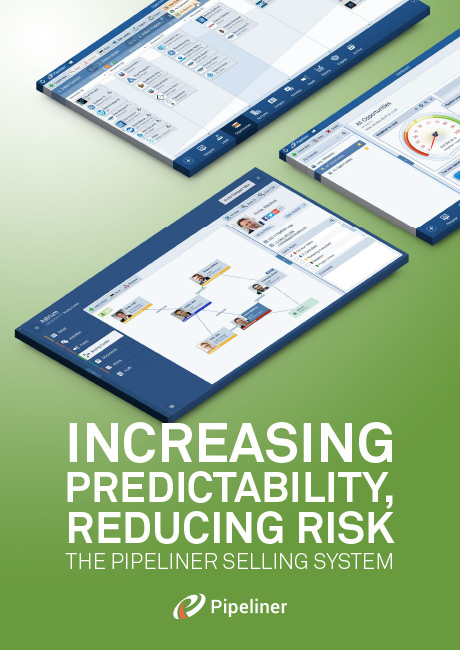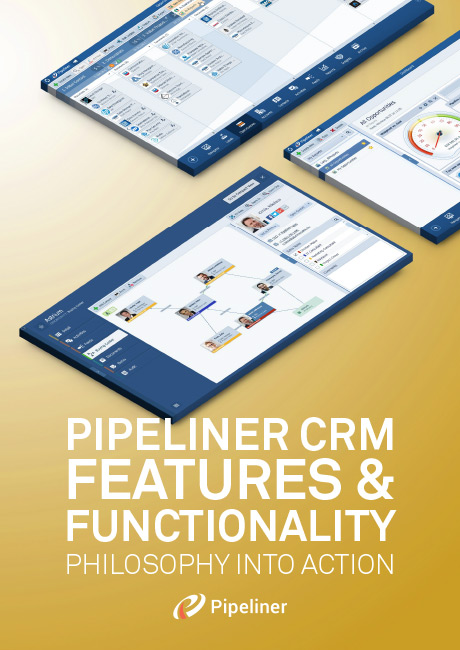From the BuyerBuyer A buyer is an individual or organizational entity that purchases a product or subscribes to a service.’s Side
The direct correlation of the salesperson’s Focus stage is Investigator on the buyer’s side.
There are many statistics bandied about today about the buyer—one of them is that more than half a buyer’s journey is made before ever speaking to a salesperson. The potential buyer is researching, consulting other buyers, interacting with users, and beginning to form their own conclusions.
The more you know about your buyer’s journey, the better your sales processSales Process Sales Process is a series of strategic steps or a set of activities aimed at driving sales growth through the alignment of personnel, market insight, methodologies, relevant business units, and technology. will be. Today, buyers are investigators and explorers.
There is some controversy over the percentage of the buyer’s journey made before interaction with a rep. But no matter the percentage, it’s clear that research is happening in advance of any contact with salespeople. Buyers are more educated than ever before and tend to inform themselves.
How much know-before-you-go discovery happens in your particular industry? It would be well worth your company’s time to talk to some customers and buyers and find out. The more you know about your buyer’s journey, the better your sales process will be.
Today, buyers are investigators and explorers. So when a salesperson first contacts a buyer (or vice versa) that the buyer is likely to be somewhat informed. The salesperson should know that, and also know where that buyer is headed once an investigation is complete.
Know Your Buying Signals
When encountering a prospect who is investigating, the salesperson needs to know whether this is a worthwhile opportunity, or not. The sales rep needs to be able to clearly differentiate between someone who’s “just looking,” and a qualified buyer definitely interested in a productProduct Product refers to anything (an idea, item, service, process or information) that meets a need or a desire and is offered to a market, usually but not always at a price. or service. A salesperson needs to be able to sort out those differences right at the outset—not well down the road when the rep, the sales managerSales Manager Sales Manager is an executive who leads a sales unit, team or department by setting goals and meeting targets, formulating plans and policies, designating tasks, and developing salespeople., and the company are actually counting on that sale to come in, and it doesn’t.
A rep needs to know buying signals—what they would actually be for your product or service. Every rep should know them cold and be able to spot them a mile away.
Focus on Buyers
As the buyer is investigating, the primary thing they need is dataData Data is a set of quantitative and qualitative facts that can be used as reference or inputs for computations, analyses, descriptions, predictions, reasoning and planning.. But not just any data—the right data. This is the point at which you’ll see buyers going through your website, accessing or downloading various materials, and watching videos and webinars.
At this stage, you should help them in their investigation. Ask (either by email or by calling) if there’s anything you can show or provide, or if there are questions you can answer. Provide them with all the help they need.
The idea is to gently but firmly move them into the next stage, Engage. If you can rapidly and completely satisfy the majority of their investigative needs, you will do so.
Get the Most Out of Pipeliner CRM
We believe in the power of CRM and we believe in the power of education. Make informed decisions and get the most out of CRM by educating yourself about the possibilities!
You can visit our CRM Sales Reference Library and download all e-books for free!
Focus on Right Opportunities
Focus also applies, as a stage, to the concentration of salespeople on the right opportunities.
As anyone who has been there knows, a sales environment can be tough and demanding. Reaction to pressure can result in a number of patterns that are highly detrimental to a sales organizationOrganization Organization is a cohesive group of people working together and formally bound by a shared identity (e.g., one team, company, club, etc.) and a common purpose (e.g., business growth, athletic victory, etc.)., and that increase the chances of an uncertain future in terms of sales targets and revenue.
The first of these is that, in an effort to meet quotas, a salesperson may hang onto as many potential deals as possible, no matter how likely (or, more properly, unlikely) they are to actually close. This condition often manifests itself through “stuffing” the front end of the pipelinePipeline Sales pipelineis a visual representation of the stage prospects are in the sales process. with a high number of opportunities with the hope that a high percentage of them will make it through.
This is, of course, a very surface view of things. Without knowing the actual likelihood of deals closing, it obviously doesn’t matter how many of them there are—it’s a total gamble.
Salespeople stop listening to what the customerCustomer Customer is an individual or an organization that purchases a product or signs up for a service offered by a business. is actually saying, and start hearing what they want to hear or interpreting everything that’s said in the most positive light.
Another reaction to pressure is the salesperson who hears only what they want to hear from the prospective buyer. Salespeople stop listening to what the customer is actually saying, and start hearing what they want to hear or interpreting everything that’s said in the most positive light. They then elevate opportunities to a priority status which, in fact, are anything but.
Both of these–and their endless varieties and other versions–also act as a distraction to sales management. The sales manager is focusing on deals that may or may not ever make it, instead of properly qualified bona fide opportunities.
There’s really only one cure for such conditions and only one real relief for that beleaguered salesperson and the distracted sales manager both. That is focus.
Early Stage Focus is Critical
Many sales organizations, unfortunately, but the majority of their attention on the later stages of the sales process in an effort to bring in the deals nearest to closing. While in some cases they might “save the day” in terms of quotaQuota Quota is a predefined benchmark indicating the amount of sales a selling unit such as a sales rep or a regional sales team should achieve within a given period, often used as a measure of success, performance and eligibility for commissions and other rewards. achievement, these 11th-hour measures are committed at the expense of the overall sales pipelineSales Pipeline Sales Pipeline is a type of visualization showing the status of each sales prospect in the customer life cycle or sales process..
The major focus in any sales organization should be at the early stages of the pipeline. An early focus means that, right off the bat, salespeople are taking advantage of the right opportunities because they are properly qualified.
To adequately focus on the early stages—and the rest of the pipeline—these factors must be firmly in place:
- A defined sales process,
- Clearly defined sales stages, which of course include accurate qualifying factors
- Clear methods of weighing probability for each sale
- An integrated view of the prospect, showing relationships and hierarchy within the prospect company
With such factors and methods in place, you gather enough information about the prospect to be able to say, “Yes, this is an opportunity that actually fits our criteria and is worth our time.”
An early-stage focus provides a number of crucial benefits:
- Your pipeline is leaner, but the opportunities contained therein have a higher probability of closing.
- You can manage valuable sales resources—reps and support personnel—properly, as you have a much more realistic idea of where they should be deployed.
- You’re able to qualify the right opportunities—and equally, weed out those that clearly don’t fit.











